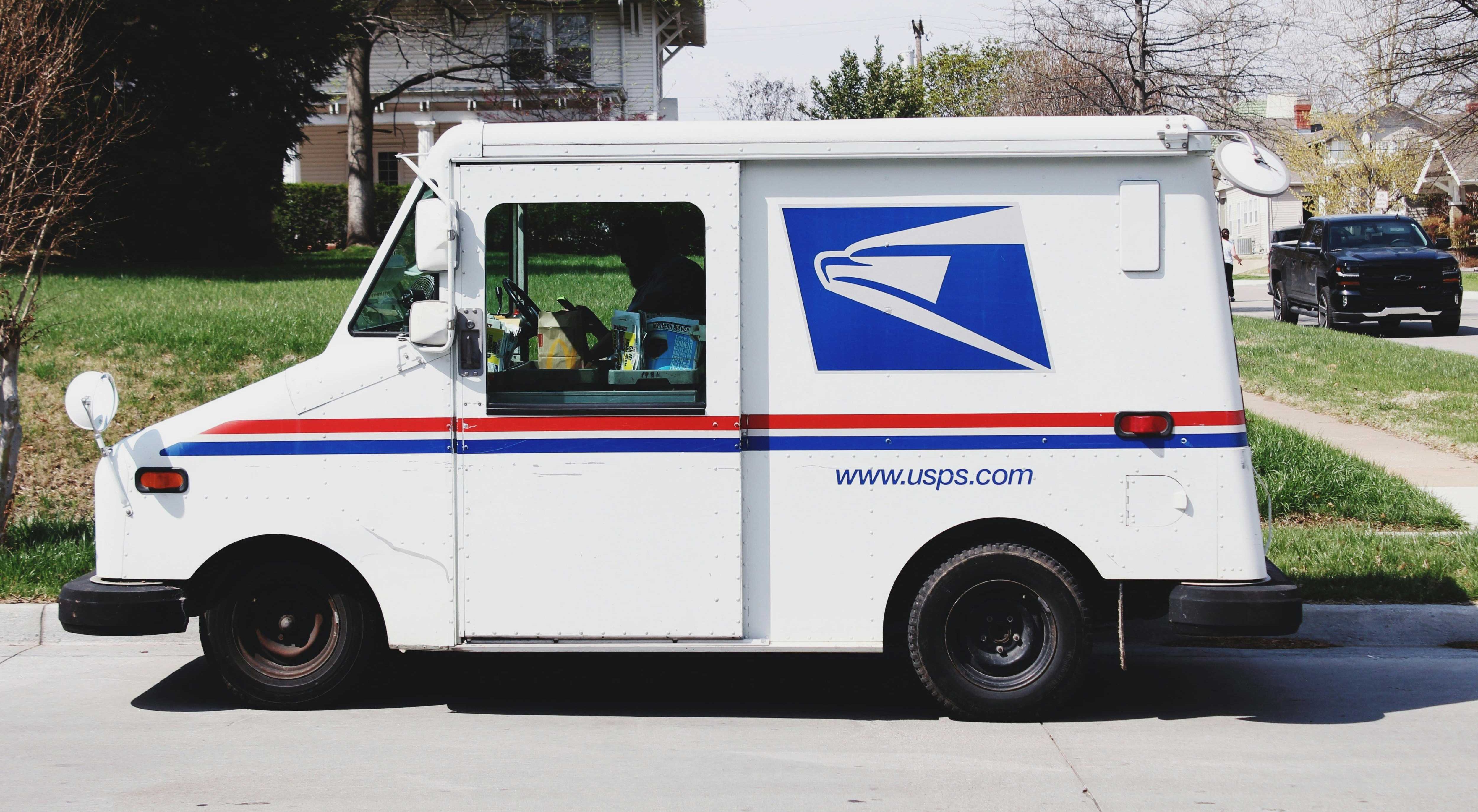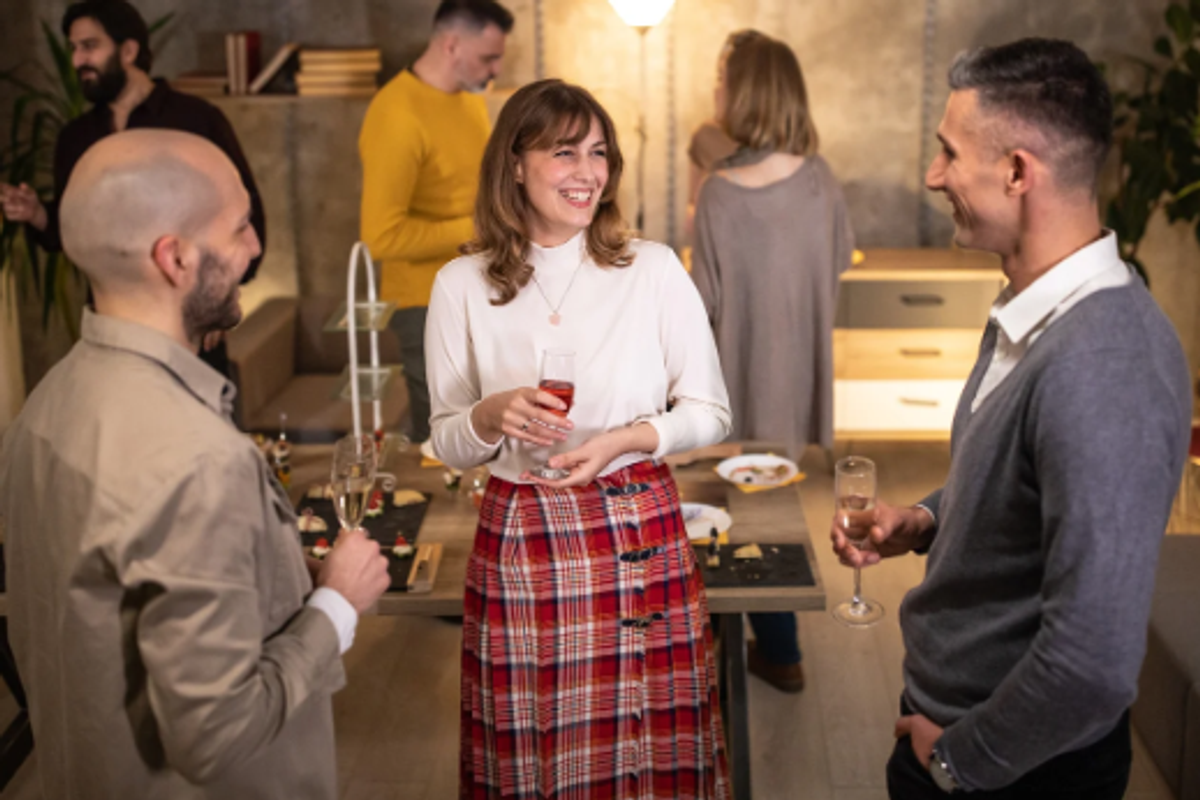Police officers in Colombia made a startling discovery recently: an abandoned newborn baby, left for dead in the forrest.
The Metro, a U.K.-based site, shared the story of a baby in the South American country who was discovered in the undergrowth of a "remote forest settlement."
Starving and at risk for hypothermia with its umbilical cord still partially attached, the baby girl wasn't in great condition.
Never fear, though! A breastfeeding mom/superhero police officer was there.
The baby was found by Edinora Jimenez, a 59-year-old who was out collecting oranges. She immediately called the police. Among the responders was officer Luisa Fernanda Urrea, who just so happened to be a new mom. She did what any new mom/superhero in her position would do: she breastfed that baby.
Photo by Radio Robledo.
Yep, that's right! Urrea did the one thing she could to help the struggling newborn. "I’m a new mother and I have milk and I recognised the needs that this poor little creature had," she told local media. "I think any woman would have given her nourishment in the same circumstances."
Watch Urrea in this video uploaded to Facebook:
(The baby survived and is currently in the custody of Colombian Institute for Family Welfare, which is working on finding an adoptive family for her.)
While this officer is being heralded across the world for her amazing act, sadly, women in the U.S. who breastfeed publicly aren't always treated so well.
In fact, many people are so offended when they see a woman breastfeeding in public that they feel compelled to tell her to stop, move, or cover up. Why is the U.S. light-years behind many other countries when it comes to the way we view the very natural act of feeding a baby?
If you think about it, the fact that some people insist moms cover up or even leave public spaces to breastfeed is odd because we see breasts all over the place, sexualized in our daily lives — from commercials selling cheeseburgers to print ads for men's cologne. The truth is that breastfeeding is a healthy and natural way to nourish a baby for mothers who choose it, and it's time we catch up to so many other countries that view is as such.
The upside: Advocates continue to speak out.
Actress Alyssa Milano recently confronted a talk-show host who voiced her discomfort with seeing a woman breastfeeding but was perfectly fine seeing a celebrity with her breasts exposed in a provocative pose.
"So for you, maybe you've sexualized breasts," Milano told host Wendy Williams after she told Milano: "I don't need to see that. I just don't want to."
For an additional piece of food for thought, consider this: Women make up a small portion of police departments.
Very small, actually. According to Katherine Spillar writing in the Washington Post and citing 2007 Department of Justice statistics, women comprised only 6.5% of state police forces and 11.2% of sheriffs' forces in the U.S. That's unfortunate for many reasons, including this:
"A 2002 study by the National Center for Women & Policing of excessive force incidents in seven major city police departments found that 'the average male officer is over eight and a half times more likely than his female counterpart to have an allegation of excessive force sustained against him ... [and] two to three times more likely than the average female officer to have a citizen name him in a complaint of excessive force.'”
Not only can female officers literally save babies lives, as Urrea did, on the very rare occasion the opportunity comes up, but they can calmly police communities in a less violent way on the daily. Sounds like a win to me.
Kudos to officer Urrea for her quick thinking on the job.




 The pay is good and you get to drive this sweet truck around!Photo by
The pay is good and you get to drive this sweet truck around!Photo by  Three USPS boxes. via
Three USPS boxes. via 

 Philip painted this blue mountain lake piece with help from a YouTube tutorial. bruncvik/reddit
Philip painted this blue mountain lake piece with help from a YouTube tutorial. bruncvik/reddit  Here's what the painting was "supposed" to look like. She'z ART/YouTube
Here's what the painting was "supposed" to look like. She'z ART/YouTube  I love this haunting purple and orange piece Philip painted! bruncvik/reddit
I love this haunting purple and orange piece Philip painted! bruncvik/reddit  A YouTube tutorial of a sunset river helped Philip learn to paint the scene. She'z ART/YouTube
A YouTube tutorial of a sunset river helped Philip learn to paint the scene. She'z ART/YouTube 
 Traditional strawberry farming takes up a lot of land.
Traditional strawberry farming takes up a lot of land. Strawberries are a wildly popular fruit.
Strawberries are a wildly popular fruit.